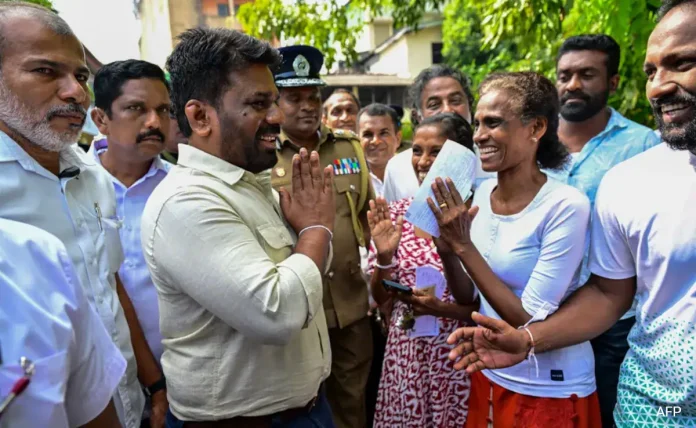The coalition of Sri Lankan President Anura Kumara Dissanayake’s won a snap general election, giving the country a chance to rebuild after the financial crisis, according to Reuters.
His National People’s Power (NPP) coalition won 137 seats out of 196, a two-thirds majority, according to Friday’s vote count. Dissanayake pledged to adjust the International Monetary Fund (IMF) bailout programme that pulled the country out of the economic crisis.
He soundly won the island’s presidential election in September, but his coalition had just three seats in parliament before Thursday’s snap election, prompting him to dissolve it and seek a new mandate. In Thursday’s election, the NPP won nearly 62 per cent, or almost 7 million votes, compared with the 42 per cent that Dissanayake secured in September
We see this as a critical turning point for Sri Lanka. We expect a mandate to form a strong parliament, and we are confident the people will give us this mandate. There is a change in Sri Lanka’s political culture that started in September, which must continue.
The remaining 29 parliamentary seats would be distributed according to the proportional vote received by each party on the island.
Opposition leader Sajith Premadasa’s Samagi Jana Balawegaya party, Dissanayake’s main rival coalition, won 35 seats. Meanwhile, the New Democratic Front, backed by previous president Ranil Wickremesinghe, gained just three seats.
Normally, the president holds executive power, but Dissanayake still needed a parliamentary majority to appoint a full cabinet and fulfil key promises. Sri Lanka, a country of 22 million people, was crushed by an economic crisis in 2022 caused by a severe foreign exchange shortage that pushed it into sovereign default.
Thanks to a $2.9 billion bailout programme from the IMF, the economy started a cautious recovery. However, the high cost of living remained a critical issue for many, especially the poor.
Investors voiced concern that his willingness to renegotiate IMF bailout terms could delay future disbursements, making it difficult for Sri Lanka to meet a key primary surplus target of 2.3 per cent of GDP in 2025. Raynal Wickremeratne, co-head of research at Softlogic Stockbrokers in Colombo, said:
The country has given a clear mandate politically. The key question would be if this is at the cost of economic policy. I think with this majority they may try to negotiate a bit more on the [IMF] targets as well. A continuation of the current reform programme on a broader extent would be positive for the country.
